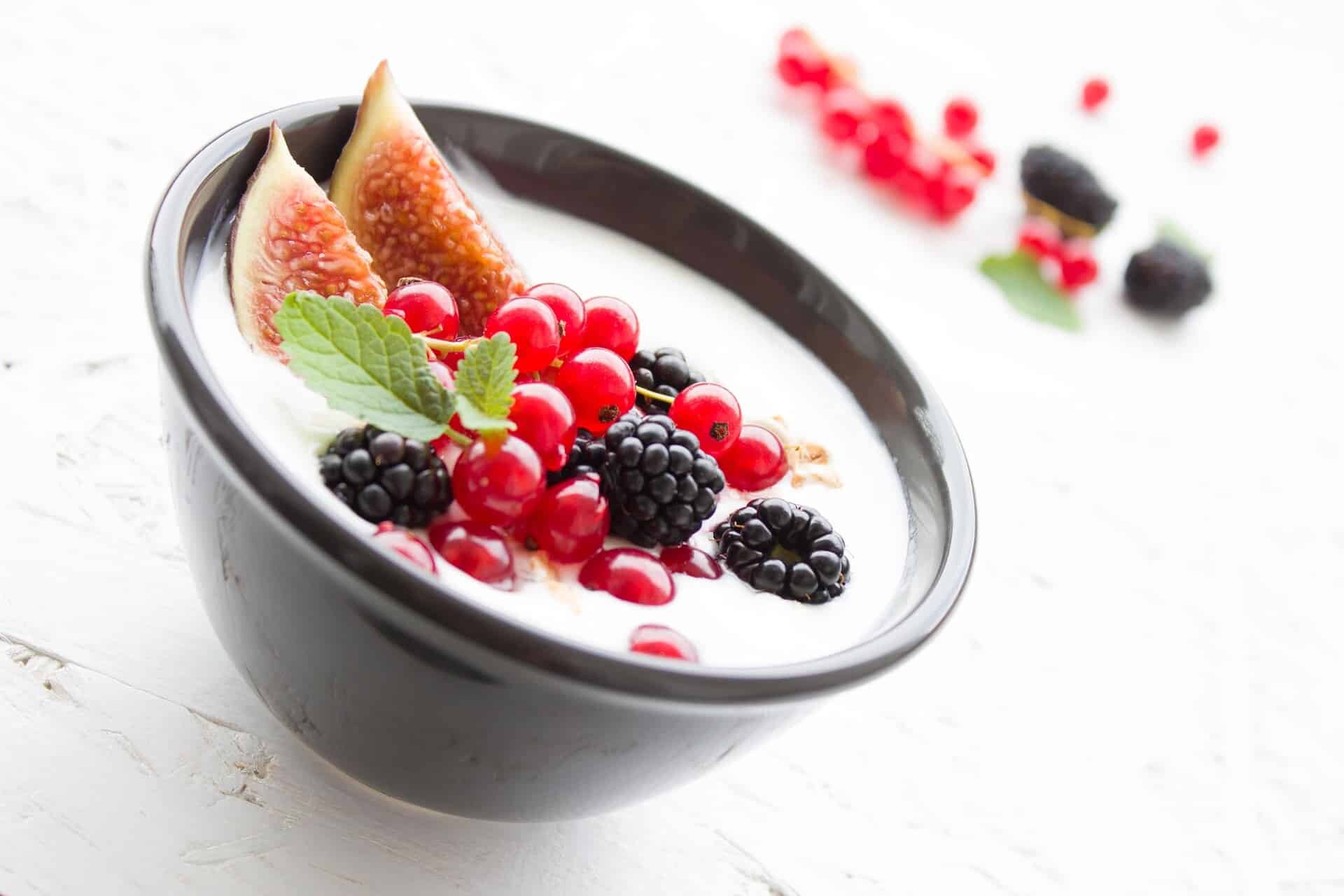Do not over eat
Size is very crucial when it comes to working out. Ensure that you do not eat too much because it has negative impact on your health. Eat just enough for your body. You can eat a large meal three to four hours before you begin your workout session. Small meals should be eaten two to three hours before you hit the road or gym. If you love snacks, eat them an hour before that time comes. Over eating before your workout will make you feel sluggish. On the other hand, little food might not give your adequate energy to train for hours.
Take right quantities of Snacks
Most of us prefer eating snacks before and during exercise. Before you consume any snack, ensure that you find something that will work for you. The most important thing when it comes to working out is how well you are going to feel. In other words, you need to consider what works best with your body. Eating snacks a few minutes before you start working out is not likely to offer you with the energy you need to attain your physical fitness goals. The best snacks options should incorporate yogurt, fruit smoothies, low fat granola bars, bananas, peanut butter and whole grain crackers among others.
Eat something after your workout session
Eating after working out will help recover your muscles and restore the glycogen. You should eat a meal comprising of proteins and carbohydrates after the session. For better outcome, consider yogurt, fruits, chicken with brown rice and peanut butter sandwich among other foods enriched with proteins and carbohydrates in your daily meal plan.


Drink adequate water
Water plays a very critical part in everyone’s life who wants to be physically fit. You need to take water before and after your workout session. To remain hydrated, take 2-3 cups of water within three to four hours before the training. ½ to 1 cup of water will serve you well for 15-20 minutes. After the session, drink two to three cups of water. Water helps in replacing the fluids lost during your exercises. You can also use sports drink to maintain your body’s electrolyte balance.
Conclusion
The duration as well as intensity of your exercise influences the amount of food you should eat and how often you should do so. For example, your body requires more food when running a marathon than walking around the park with your spouse. When deciding what to eat, allow your body to guide you because success depends on how you feel when training. You can consider the idea of keeping a journal where you can record your pre-workout and post workout habits so that you can refer to them frequently.
This is the guest post from Anthony, a sport enthusiast and sports blogger at Stetsports.com – where he shares his experience doing outdoor sports and gym training.


Hello, I’m Scott – a juicer and blending enthusiast. I hope to inspire you to make one positive step towards your juicing or blending journey through visiting this site.
We’ll go over some easy tips, guides, hacks, and honest product reviews so that you don’t have to waste your time or money on trial and error.

